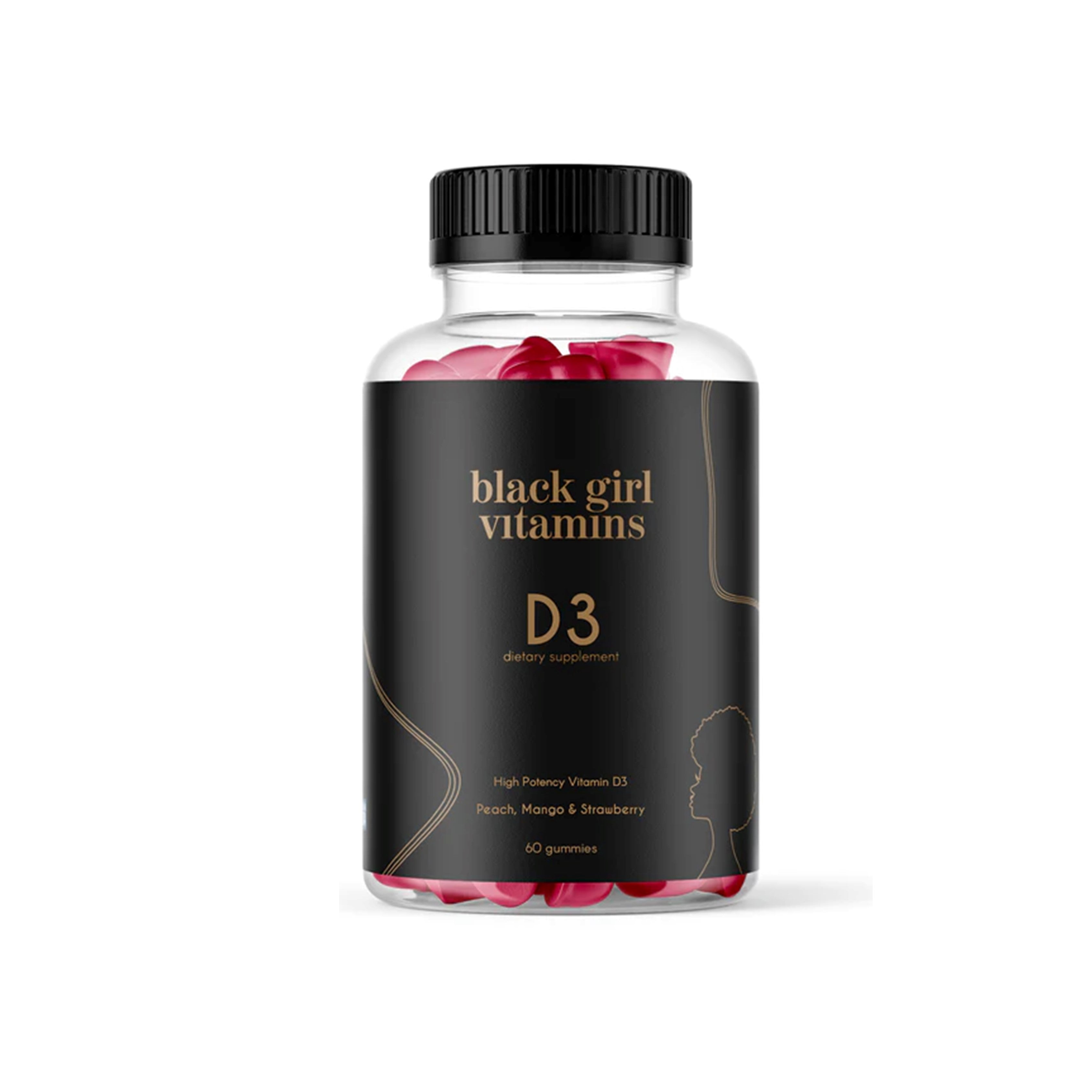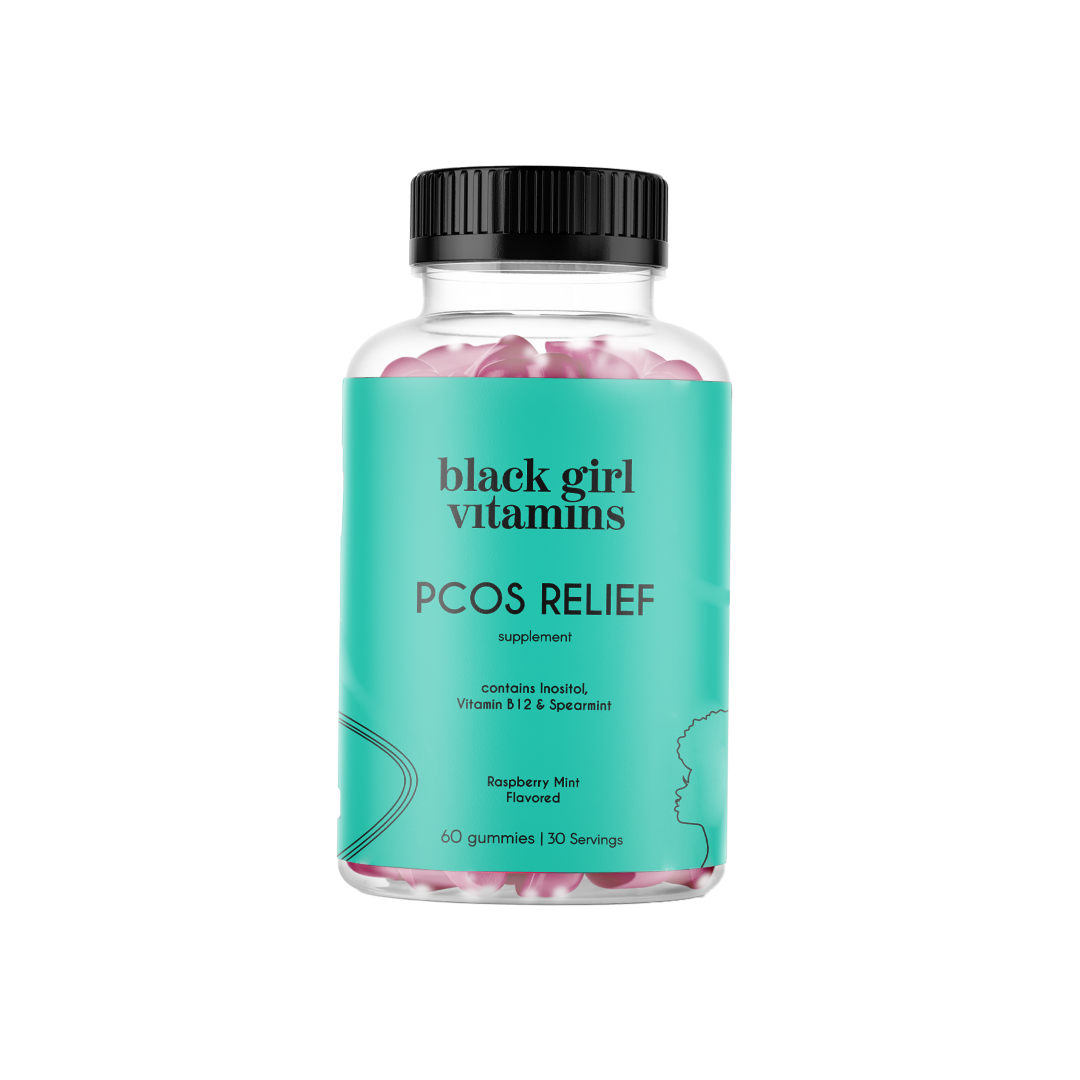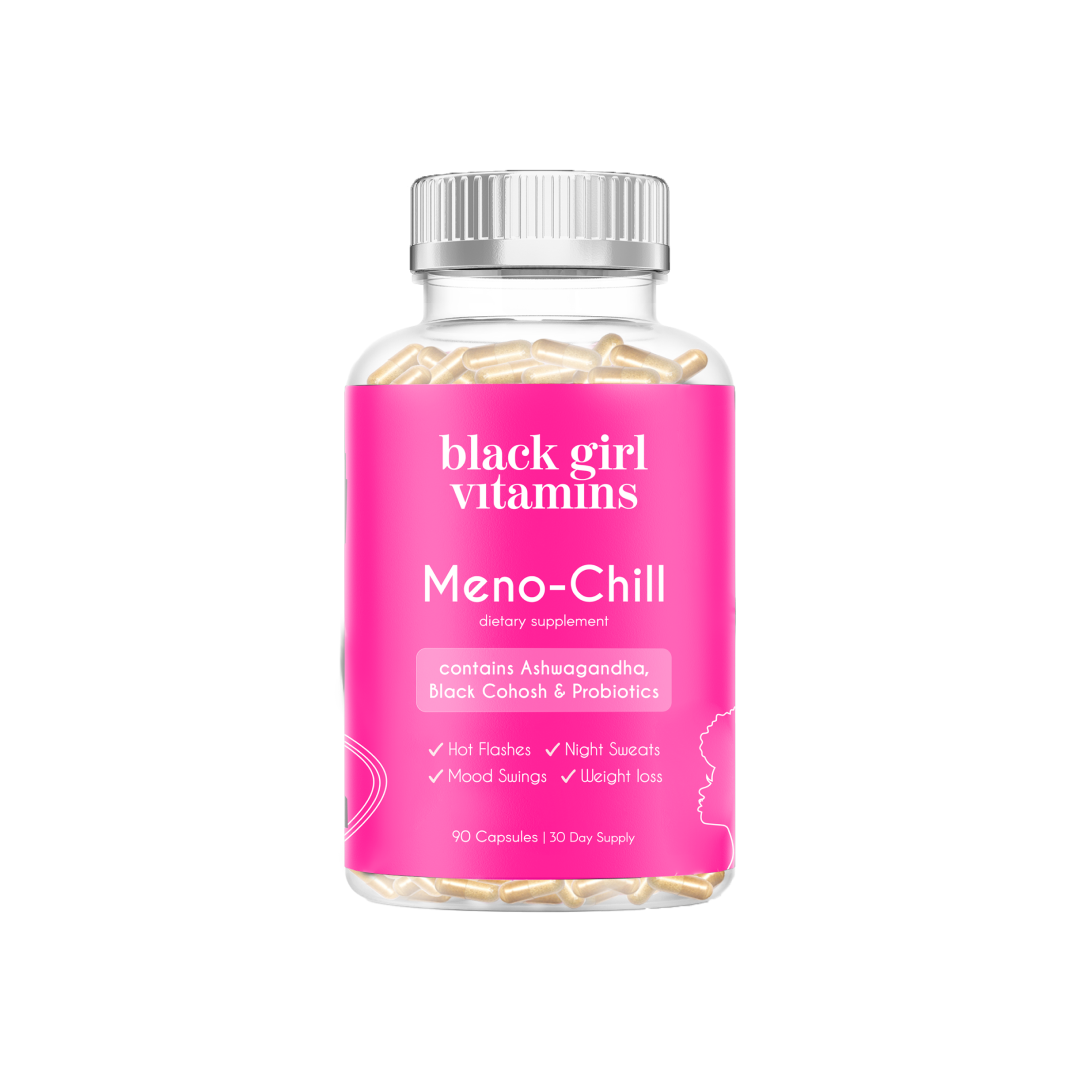Menopause Crazy Behavior and the Mood Swings Behind It
Reviewed By | Chinyere "Dr. Chi" Johnson, MD – Family Medicine Physician
Did you know so-called “menopause crazy behavior” is something caused by hormonal fluctuations? The term is used to describe the mood swings and emotional changes many women experience during their menopausal transition, which can influence mental and physical well-being.
Understanding the hormonal fluctuations behind these emotional shifts, from perimenopause to postmenopause, will help you manage them effectively. Let’s explore why menopause can feel like an emotional rollercoaster and the ways you can improve your quality of life.
What Causes Mood Swings During Menopause?
Fluctuations in your estrogen and progesterone levels are the primary hormonal changes that can cause mood swings. As your ovaries produce less estrogen, the hormonal shifts can affect your brain chemistry, leading to irritability and feelings of sadness or anxiety. Hot flashes and night sweats can also worsen mood swings and emotional instability.
It’s common for women to feel more intense emotional symptoms as their hormone levels begin to change during perimenopause. These symptoms can continue through postmenopause.
How Do Mood Swings Impact Mental Health During Menopause?
The impact of the emotional symptoms of menopause on mental health cannot be overstated. Many women experience increased forgetfulness, brain fog, and irritability, which can affect their overall well-being and self-esteem. The decline of estrogen levels can impact serotonin production and lead to low mood or depressive symptoms.
Perimenopausal depression can occur as your estrogen levels fluctuate. It’s important to distinguish these mood changes from typical PMS or premenstrual syndrome. When you understand how menopause can affect your mental health, you will be more able to manage your emotional symptoms effectively.
How Do the Physical Symptoms of Menopause Relate to Emotional Well-Being?
Physical menopausal symptoms, such as weight gain, vaginal dryness, and sleep disturbances can worsen the emotional symptoms of menopause. Discomfort from night sweats and hot flashes can disrupt sleep, increasing fatigue and irritability the following day.
Vaginal dryness can affect intimacy, causing emotional strain and reduced self-esteem. Changes in your menstrual cycle can also lead to cognitive challenges, such as muddled thinking or memory problems, and contribute to mood swings. Managing your physical symptoms can improve both your emotional and physical well-being.
What Treatment Options Can Manage Mood Swings?
You have several treatment options that can help you manage mood swings and menopause crazy behavior.
Hormone replacement therapy (HRT) is a common choice to balance fluctuating estrogen levels, helping to relieve mood swings and other menopausal symptoms. Estrogen therapy can offer targeted relief through pills and injectables, as well as creams, gels, or patches. Non-hormonal treatments, such as antidepressants or cognitive behavioral therapy (CBT), may also be effective for mental health symptoms.
You can explore supplements, such as Meno-Chill, that are designed to offer relief from every aspect of menopause. If mood swings are the only symptom you experience, ginseng is known to support overall emotional wellness and sleep.
You may also consider taking St. John's Wort with black cohosh, a combo that has some evidence to support its ability to reduce menopausal mood swings.
When Should You Consult a Healthcare Professional About Menopause Mood Swings?
Experiencing persistent symptoms of depression, anxiety, or irritability that don’t improve with self-care is a sign you may need to consider professional treatment. If mood swings during menopause severely impact your mental health or daily life, getting support from healthcare professionals can help.
A gynecologist or ob/gyn can evaluate your hormone levels and recommend hormone replacement therapy (HRT) or other treatments to manage your symptoms. When emotional symptoms are more severe, a mental health professional or psychiatrist may be able to offer counseling or prescribe antidepressants to provide relief.
How Can You Improve Quality of Life During Your Menopausal Transition?
A holistic approach to managing your physical and emotional symptoms will be the key to improving your quality of life during menopause. A balanced diet, regular exercise, and stress management techniques are lifestyle changes that can improve your mood and quality of life. Staying hydrated and getting enough sleep can also fight common symptoms such as hot flashes or night sweats.
Taking proactive steps for your health by exploring hormone therapy, therapy, or lifestyle changes will help you create a smoother menopausal transition. The important thing to remember is that you don’t have to suffer through these changes because help is available.
Take Control and Manage Mood Swings
Your experience of the menopausal transition doesn’t have to be defined by crazy behavior or extreme mood swings. With the right approach, you can manage your symptoms while improving your mental and physical health.
Black Girl Vitamins is here to support your journey through every stage with vitamins that are designed especially for Black women.
Sources:
Mood Changes During Perimenopause Are Real. Here’s What to Know. | ACOG



























